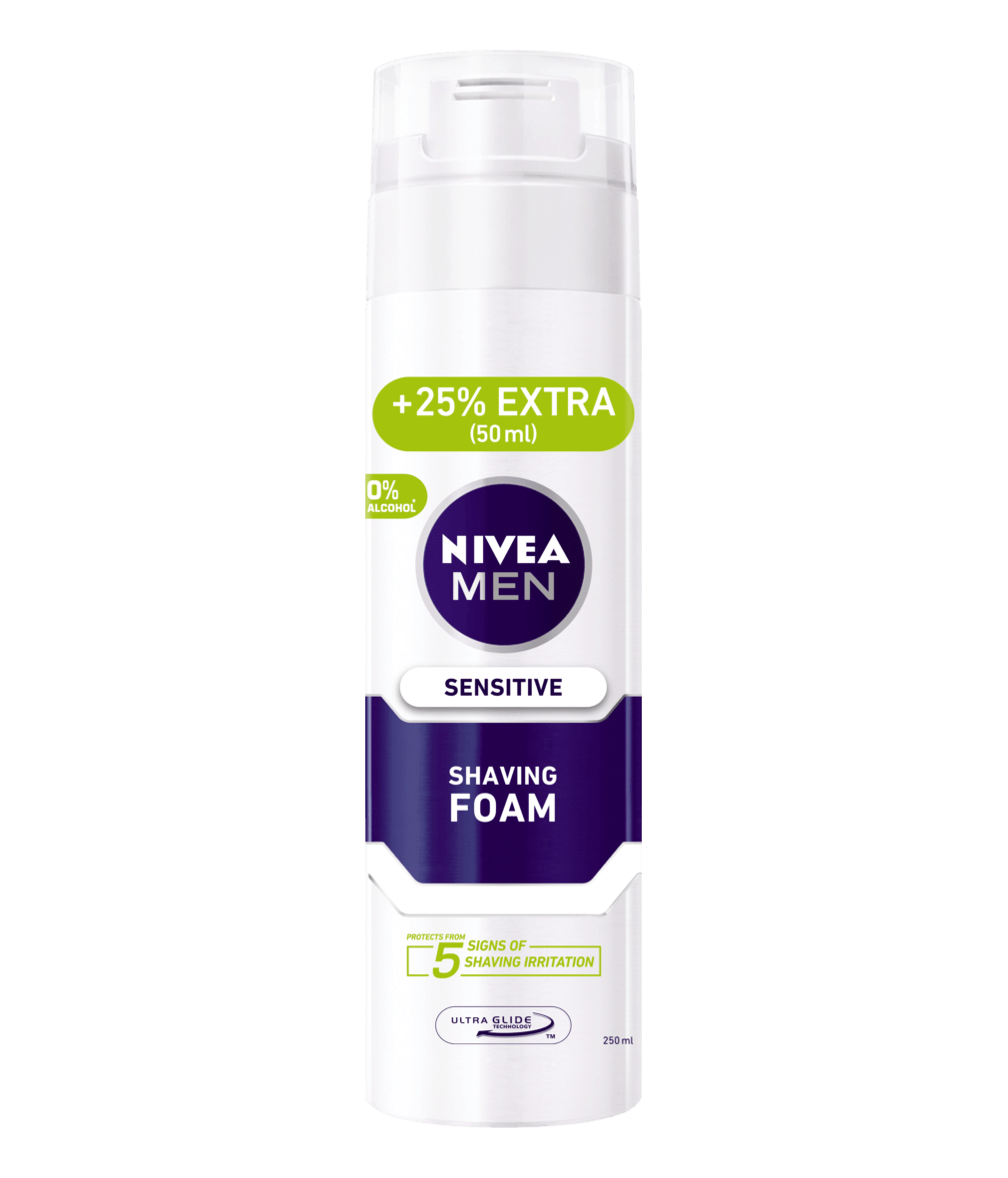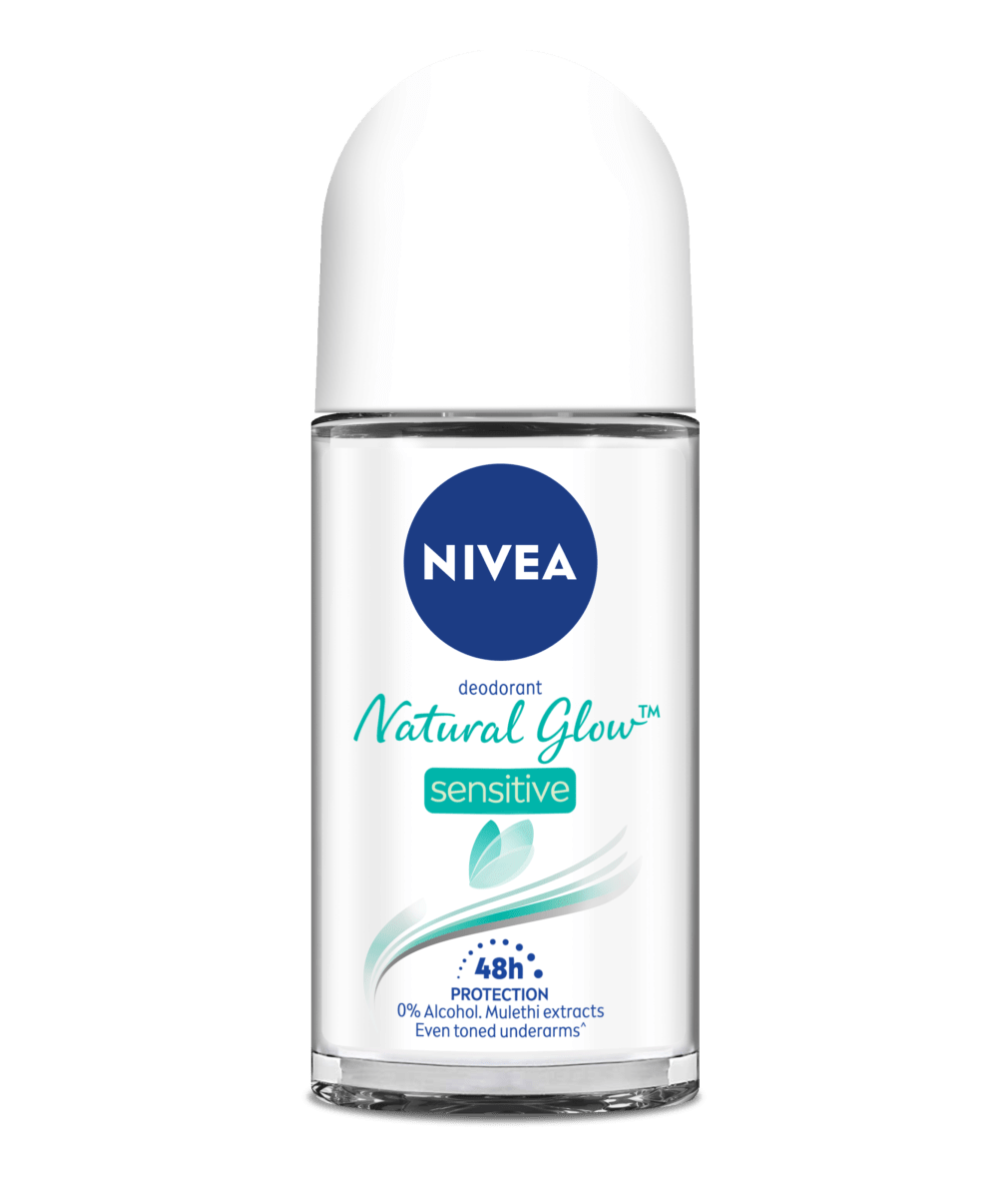Developing a suitable sensitive skincare routine is pivotal for sensitive skin. Here are some guidelines to consider:
Cleansers: Choose mild, fragrance-free, sulfate-free, and alcohol-free facial cleansers and toners. Ingredients like soy protein, glycerin, aloe vera, and cucumber are soothing and gentle on sensitive skin.
Body Care Lotion: Look for body lotions enriched with natural oils such as almond oil, jojoba oil, coconut oil, shea butter, cocoa butter, glycerin, coconut milk, and aloe vera. These ingredients offer essential moisture and help soothe and repair sensitive skin.
Moisturizers: Opt for cream-based barrier-repair moisturizers specially formulated for sensitive skin to lock in moisture.
Besides skincare products, consider these home remedies to manage sensitivity:
Shower Duration: Avoid long, hot showers, as they can strip the skin of moisture.
Exfoliation: Exfoliate less frequently, around 2-3 times a month, to prevent over-drying. Always follow with a moisturizer.
Sunscreen: Incorporate sunscreen and SPF protection during the day to shield sensitive skin from harmful UV rays.
Fragrances: Substitute perfumes with essential oils, which are less likely to irritate sensitive skin.
Hydration: Stay hydrated by consuming water-rich foods like watermelon, oranges, strawberries, cucumbers, tomatoes, and coconut water.
Clothing: Opt for loose-fitting, non-abrasive clothing made from comfortable materials to minimize skin irritation.
Laundry: Use fragrance-free, gentle laundry detergent to wash your clothes.
Deodorant: Select a deodorant that's free of aluminum salts.






.jpg?rx=852&ry=0&rw=4054&rh=2250&hash=AA9B38AEF106A50820586C1DB106EF06)

